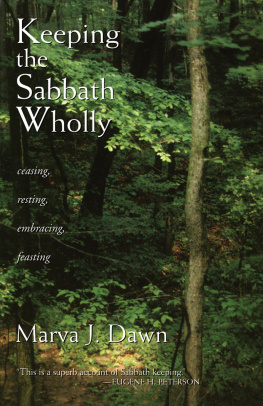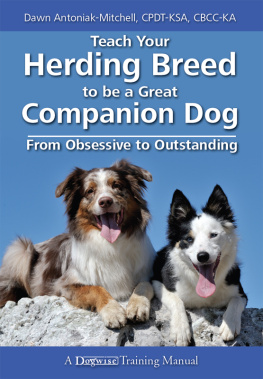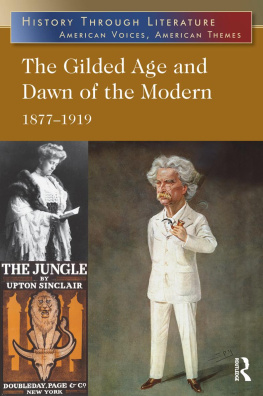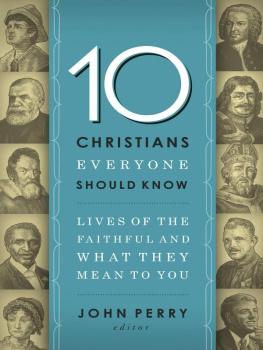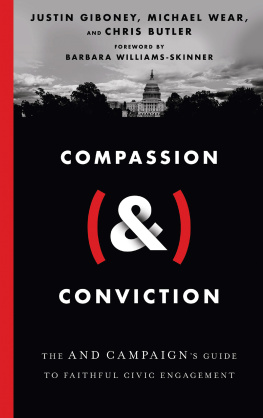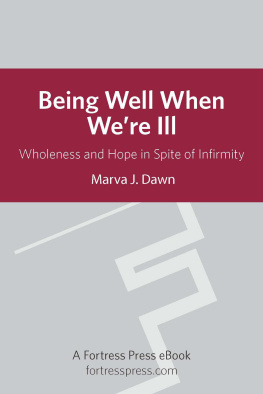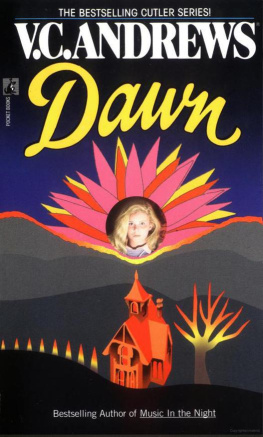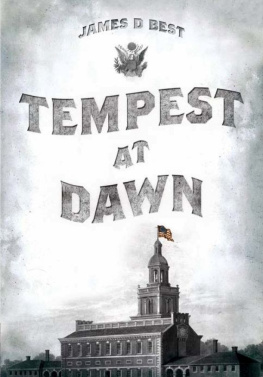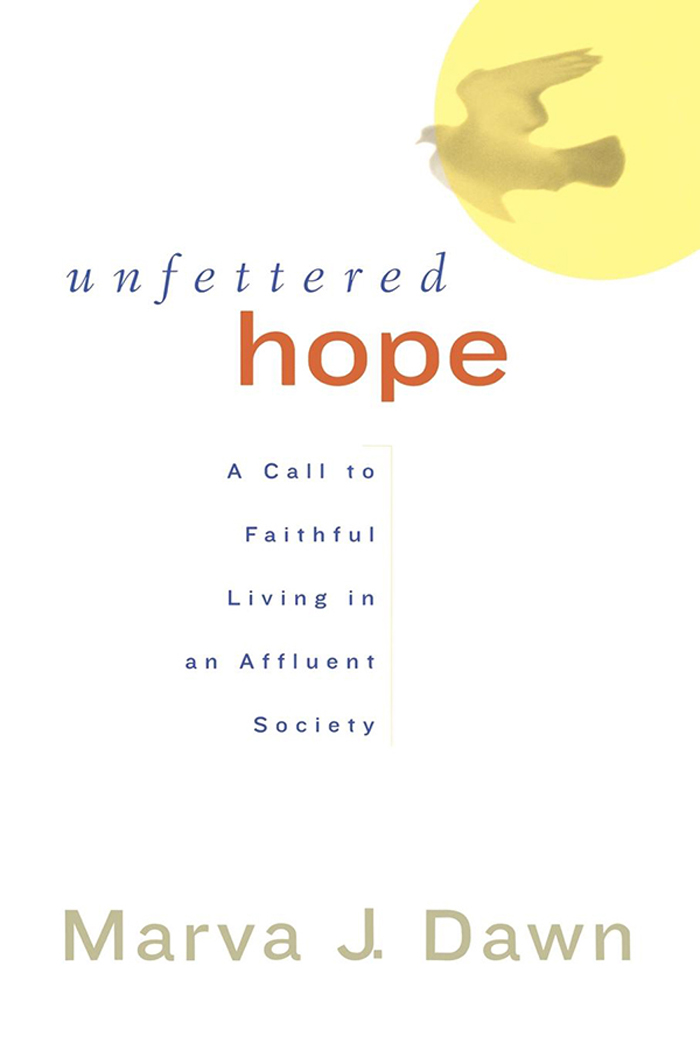Unfettered Hope
Unfettered Hope
A Call to Faithful Living
in an Affluent Society
Marva J. Dawn
Westminster John Knox Press
LOUISVILLE LONDON
2003 MarvaJ. Dawn.
All rights reserved. No part of this book may be reproduced or transmitted in any form or by any means, electronic or mechanical, including photocopying, recording, or by any information storage or retrieval system, without permission in writing from the publisher. For information, address Westminster John Knox Press, 100 Witherspoon Street, Louisville, Kentucky 40202-1396.
Scripture quotations, unless otherwise indicated, are from the New Revised Standard Version of the Bible, copyright 1989 by the Division of Christian Education of the National Council of the Churches of Christ in the U.S.A., and used by permission.
Excerpt from Close to the Machine by Ellen Ullman, copyright 1997 by Ellen Ullman. Reprinted by permission of City Lights Books.
Excerpt from The Singing Tree by Kate Seredy, copyright 1939 by Kate Seredy, renewed 1966 by Kate Seredy. Used by permission of Viking Penguin, an imprint of Penguin Putnam Books for Young Readers, a division of Penguin Putnam Inc. All rights reserved.
Excerpt from The Technological Bluff by Jacques Ellul, 1990 by Jacques Ellul. Used by permission of William B. Eerdmans Publishing Co. All rights reserved.
Excerpt from Technology and the Character of Contemporary Life by Albert Borgmann, 1984 by Albert Borgmann. Used by permission of The University of Chicago Press. All rights reserved.
Book design by Sharon Adams
Cover design by Pam Poll Graphic Design
First edition
Published by Westminster John Knox Press
Louisville, Kentucky
This book is printed on acid-free paper that meets the American National Standards Institute Z39.48 standard. 
PRINTED IN THE UNITED STATES OF AMERICA
04 05 06 07 08 09 10 11 12 10 9 8 7 6 5 4 3
Library of Congress Cataloging-in-Publication Data
Dawn, Marva J.
Unfettered hope : a call to faithful living in an affluent society / Marva J. Dawn.
1st ed.
p. cm.
Includes bibliograpical references (p.) and index.
ISBN 0-664-22595-0 (alk. paper)
1. Christianity and culture. 2. Christianity21st century. 3. TechnologyReligious aspectsChristianity. 4. WealthReligious aspectsChristianity. I. Title.
BR115.C8D26 2003
261dc21
2002028898
This book is dedicated to
those enmeshed in the technological milieu who reject its paradigm;
the wealthy who search for meaning in a culture of commodities;
those who resist societys benumbing speed and emptiness;
those seeking to be engaged in relationships of caring;
the thinkers who keep asking new and better questions;
prophets who persist in exposing our idolatries;
disciples who disclose the presence of God;
churches who live by their focal concerns;
believers who radiate the hope of grace;
and especially Myron,
who sustains my hope;
and in prayerful memory of
the victims of the tragedies on September 11, 2001, and thereafter;
the victims of the continuing tragedies of world hunger and injustice.
Contents
Introduction
confused their language and scattered them just as they had dreaded (11:7 and 9).
That story was somewhat reversed on September 11, 2001, after hijackers flew commercial airliners into the two towers of the World Trade Center in New York Citybuilt, indeed, to make a name for an architect, a city, a nation, and a people. Then the towers burned and crumpled, collapsed and plunged to the ground, and people of all ethnicities and languages were united in grief, stunned silence, overwhelming pain and loss. As that day exploded into tangles of steel, conflicting emotions, and deeply gashed lives, neighbors and even the masses (of strangers, nations, continents) were knit together. It was a sudden confrontation with evil, and we alleven those of us living thousands of miles removedwere forced to look directly into its horrid face and turn away into each others arms.
The tragic events additionally linked Democrats and Republicans, natives and immigrants, citizens and foreigners, wealthy stockbrokers and poor waitresses and janitors. Death is no respecter of persons, and people from all sorts of social locations faced it, passed through it, or mourned it together.
It was Babel in reverse, and we all were united, at least initially, in a common sickness of heart.
Usually our despairs are more divided.
Many have written about their loss of innocence on that September 11. I wonder instead why people in the United States hadnt lost their innocence much earlierfor certainly the daily news in all its forms regularly reports unjust wars, economic disparities, and other oppressions and terrorisms. Evil is all around us, and many innocents die weekly in U.S. cities from violence and poverty. The disproportions of our world cry out for us to notice them. Can we innocently not pay attention?
I am also concerned for how quickly much of the immediate unity caused by the crisis of September 11 passed away, for how swiftly we were told to get on with our livesa process that, for many, involved a return to insulation from personal suffering and apathy toward the suffering of the rest of the world. For example, hearts and wallets were opened by the initial crisis, and donations poured in for the families of those who died in the plane crashes in New York, Pennsylvania, and Washington, D.C. But by the end of 2001 other charities not associated with the September 11 events were experiencing drastic shortfalls in their customary receipts, and the hungry and homeless in the United States were having trouble finding food and shelter.
Meanwhile, the U.S. military response to the 9-11 attacks, the so-called war on terrorism, returned to the habitual patterns of a superpowerutilizing the latest weapons technology to pummel the enemy into submission. When the enemy (in this case, Osama bin Laden) escaped instead, these old ideas of power left us without a clear-cut plan or justified goals for the war. Consequently, the initial terrorist attacks raised, and many events and responses in the aftermath escalate, new fears about our previously unobserved insecurity.
In the midst of these and other forms of societal turmoil after the terrorist attacks, the catastrophe made apparent to many that they werent really satisfied with their existence. Suddenly people wondered why they had chased after profits or possessions, power or position. Their optimism was dashed by the catastrophic events, and the revelation that their economic securities and social hopes were bogus robbed them of their determination to succeed in their chasing. I wonder, however, whether the questioning and dis-ease will persist long enough and if answers will be pursued to the point of change.
In the first several weeks after September 11, 2001, many planes from Portland, Oregon (from which I travel for speaking engagements), were crowded with tourists going to New York City to show solidarity and to build the economy there. Conversations with such tourists on their way home convinced me that for many (not all, of course!) the trip was more about taking advantage of vastly reduced prices for theater tickets and hotel rooms than about genuinely sharing in the suffering of New Yorkers.
Meanwhile, attendance at the events for which I spoke was lower than normal because people expressed a fear of traveling or the desire to stay home with their families. It seemed that the gifts of communal spiritual study were not seen as an important source of solace.


